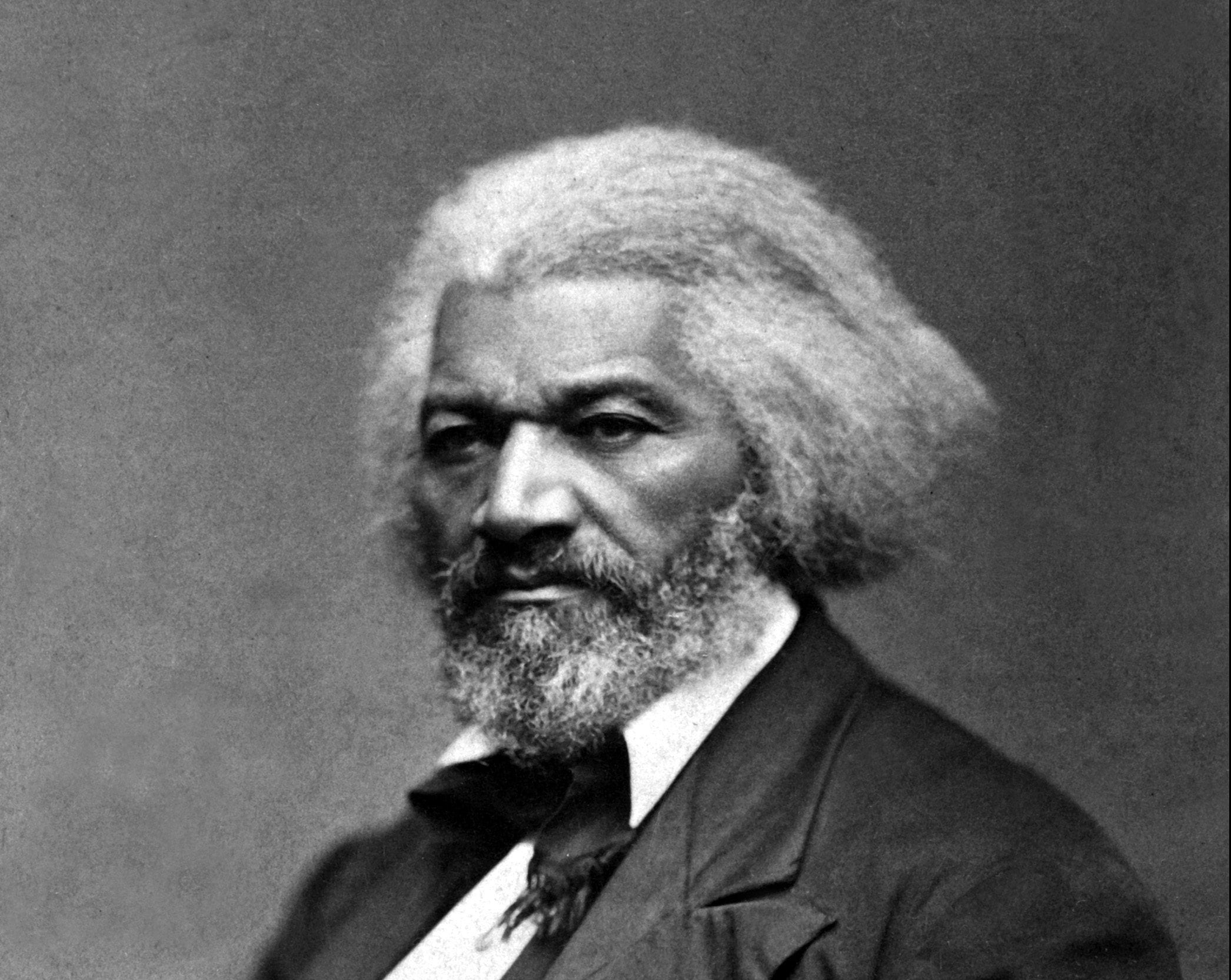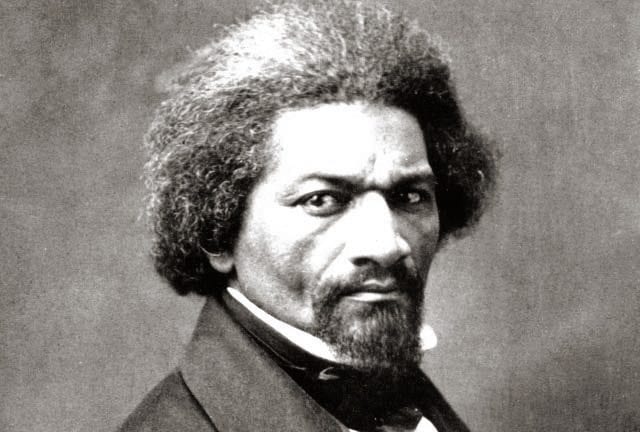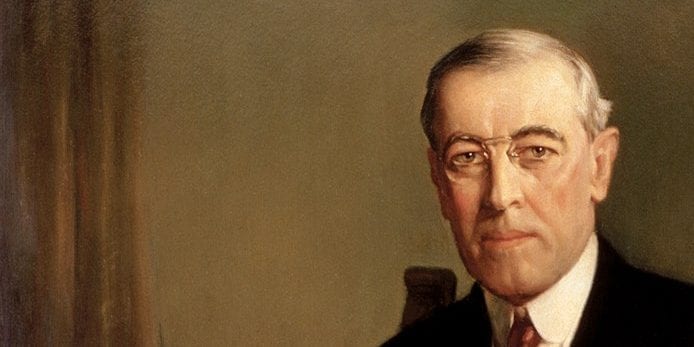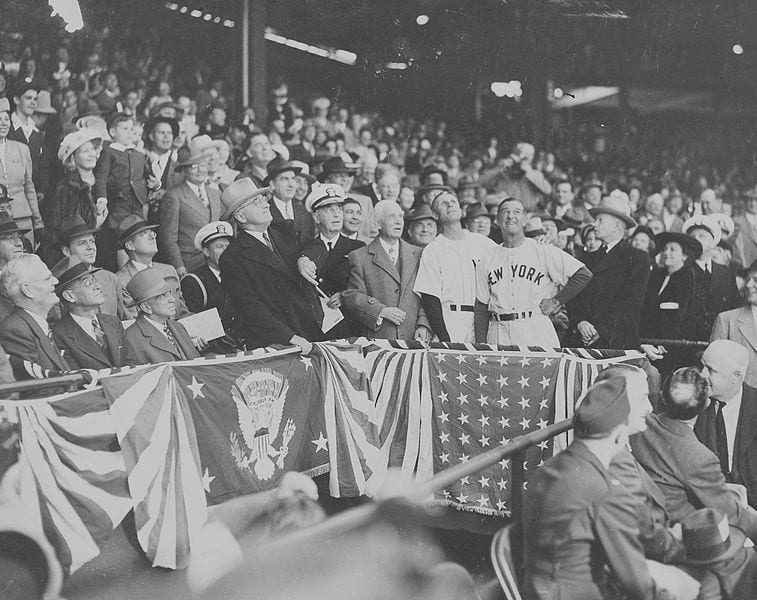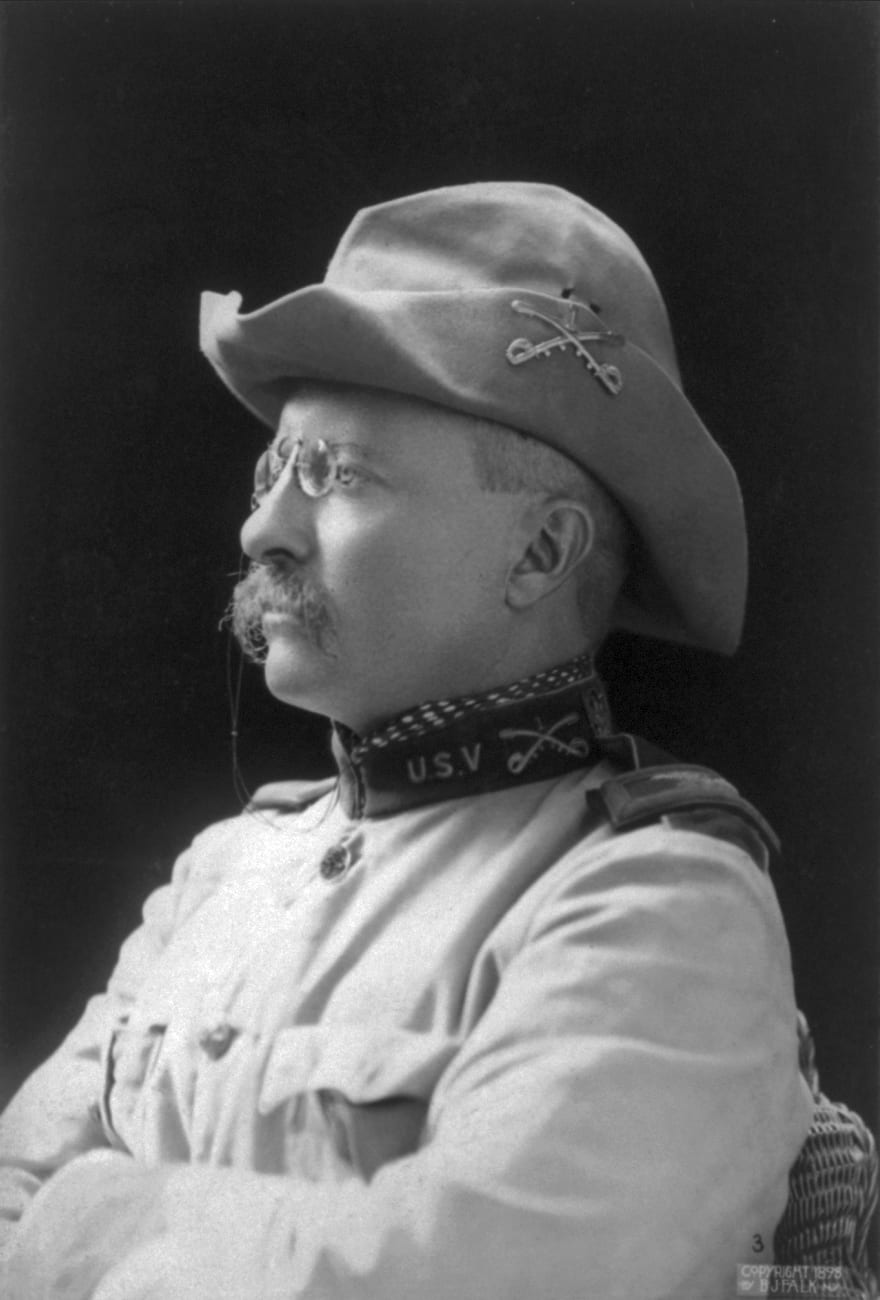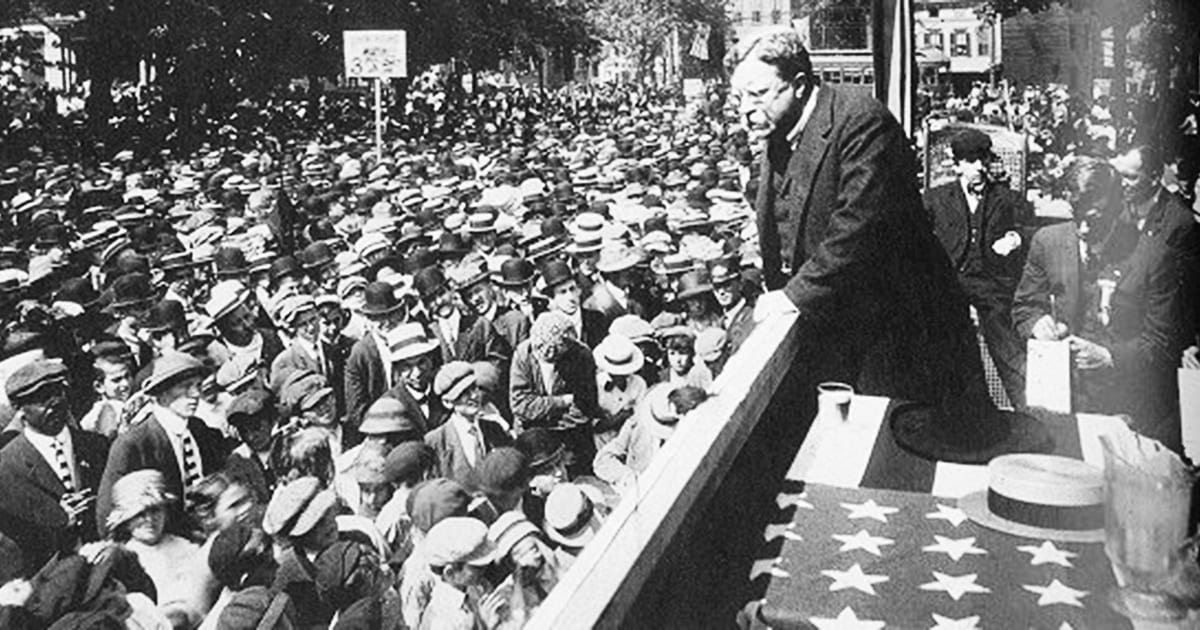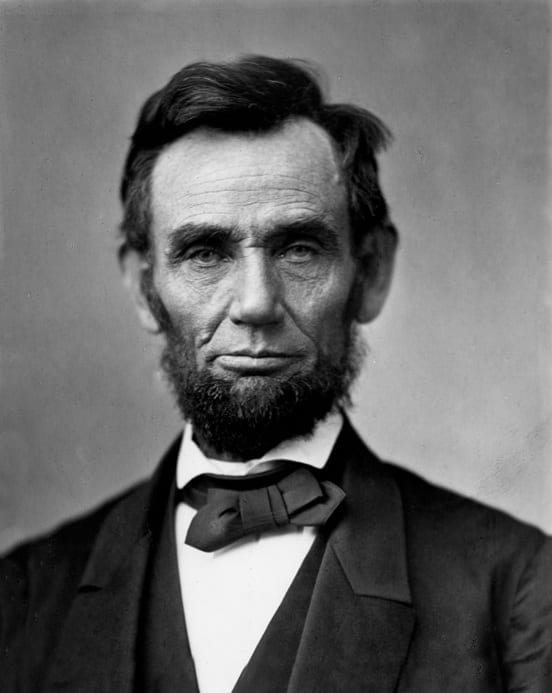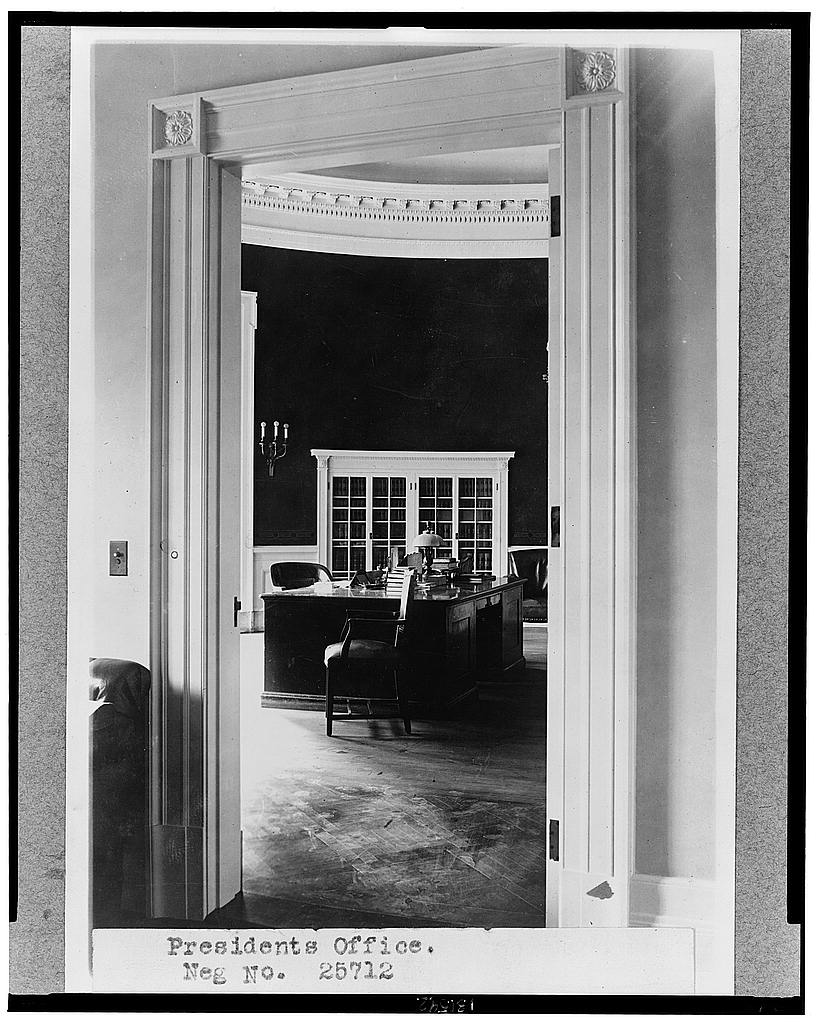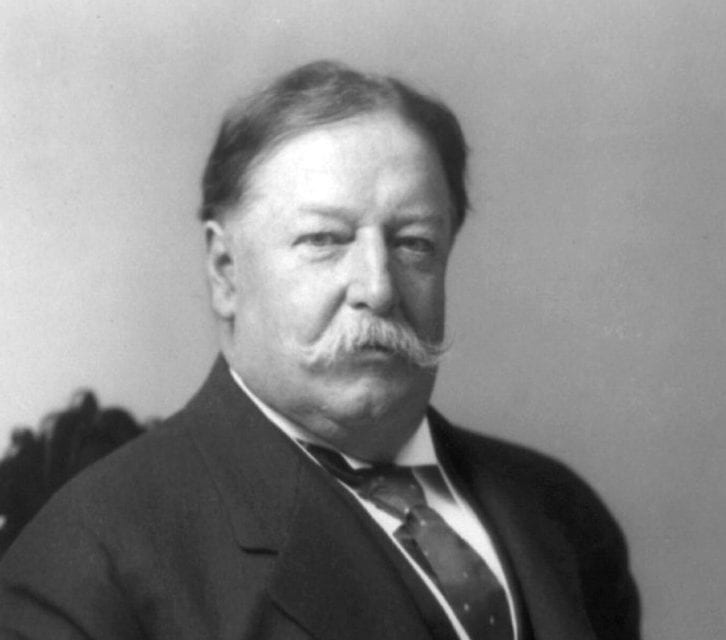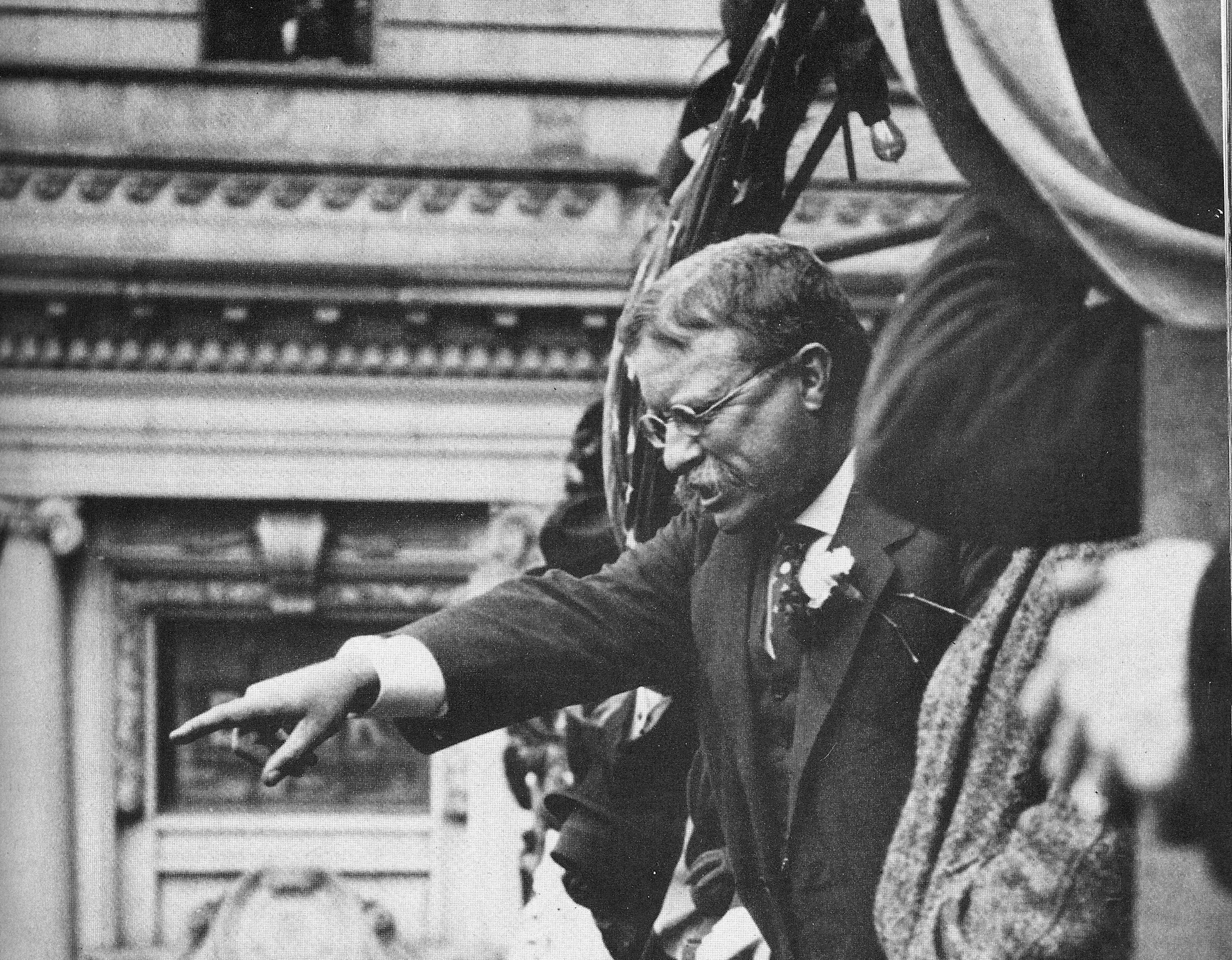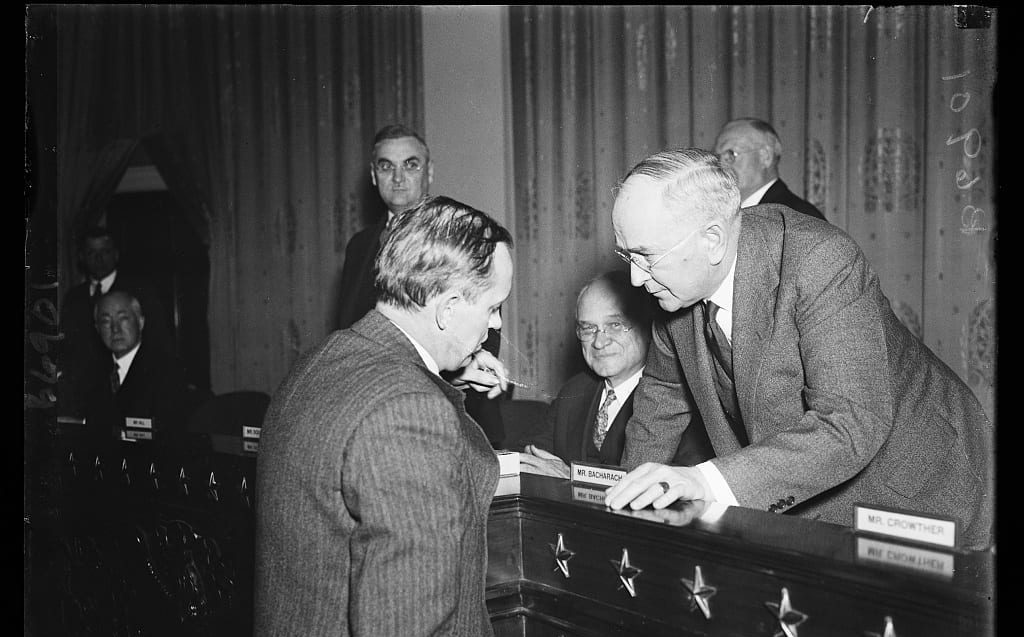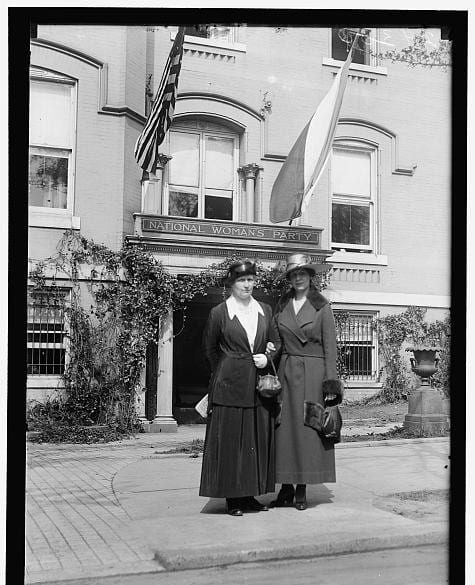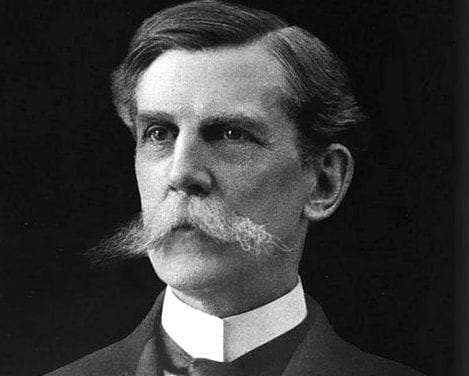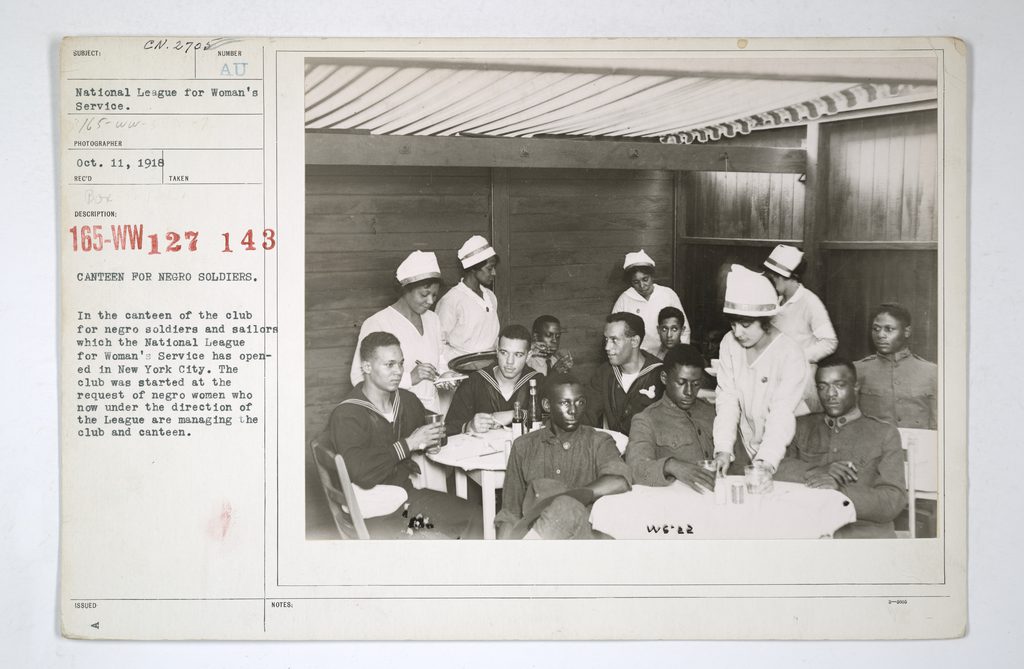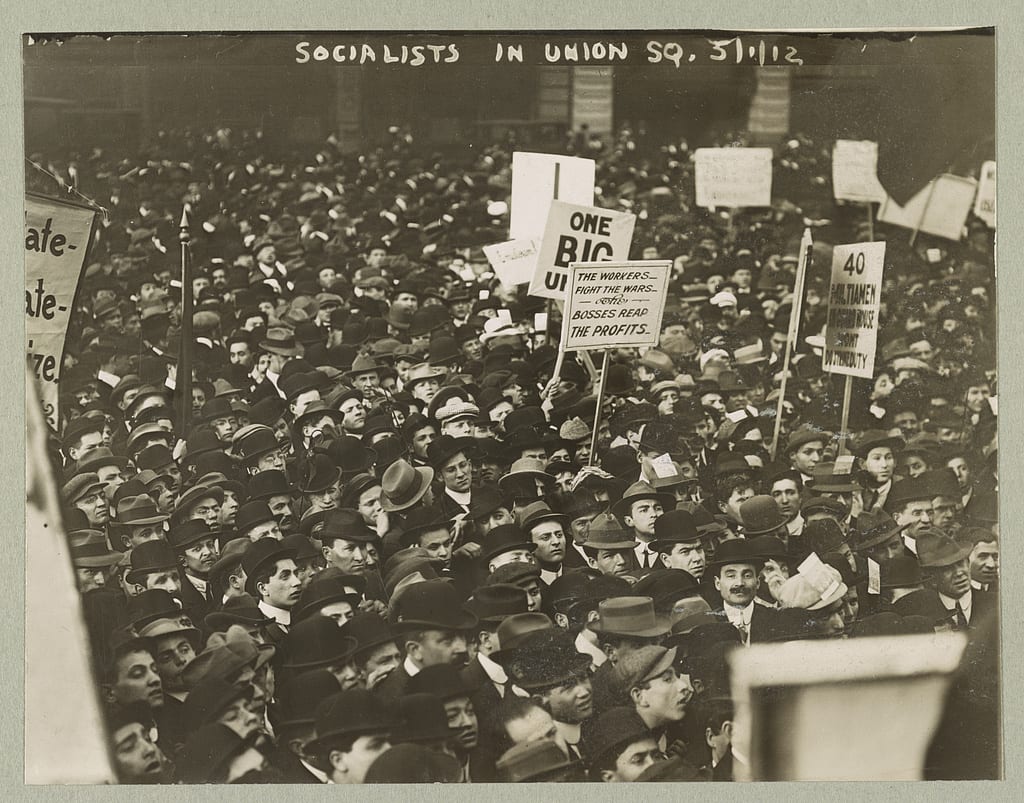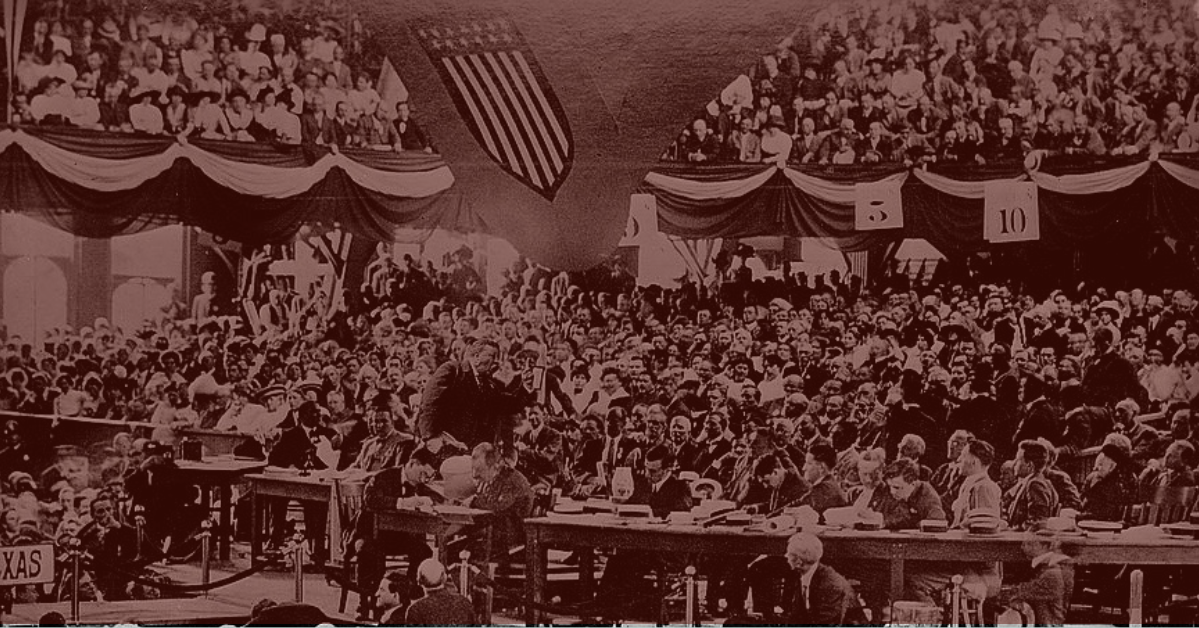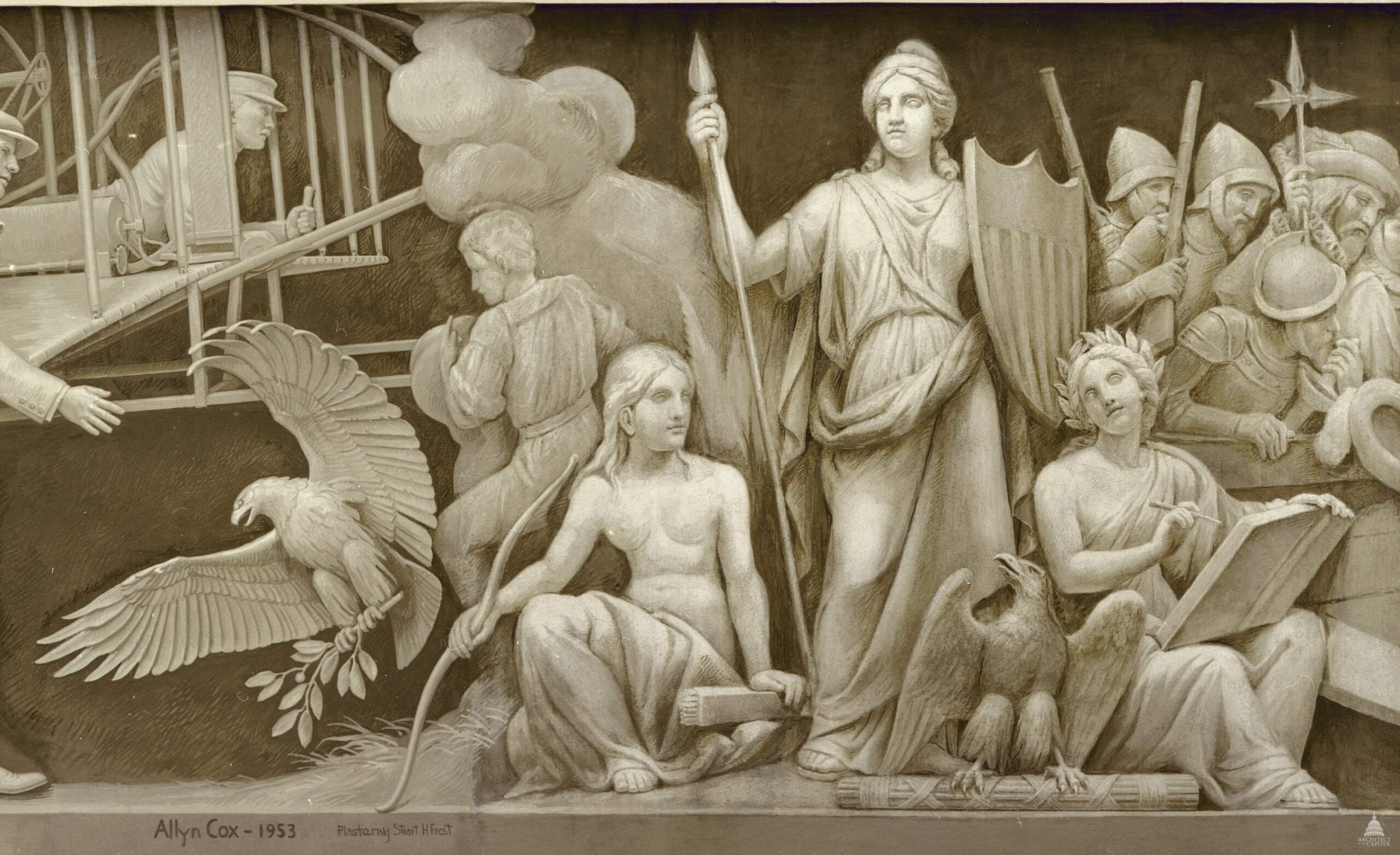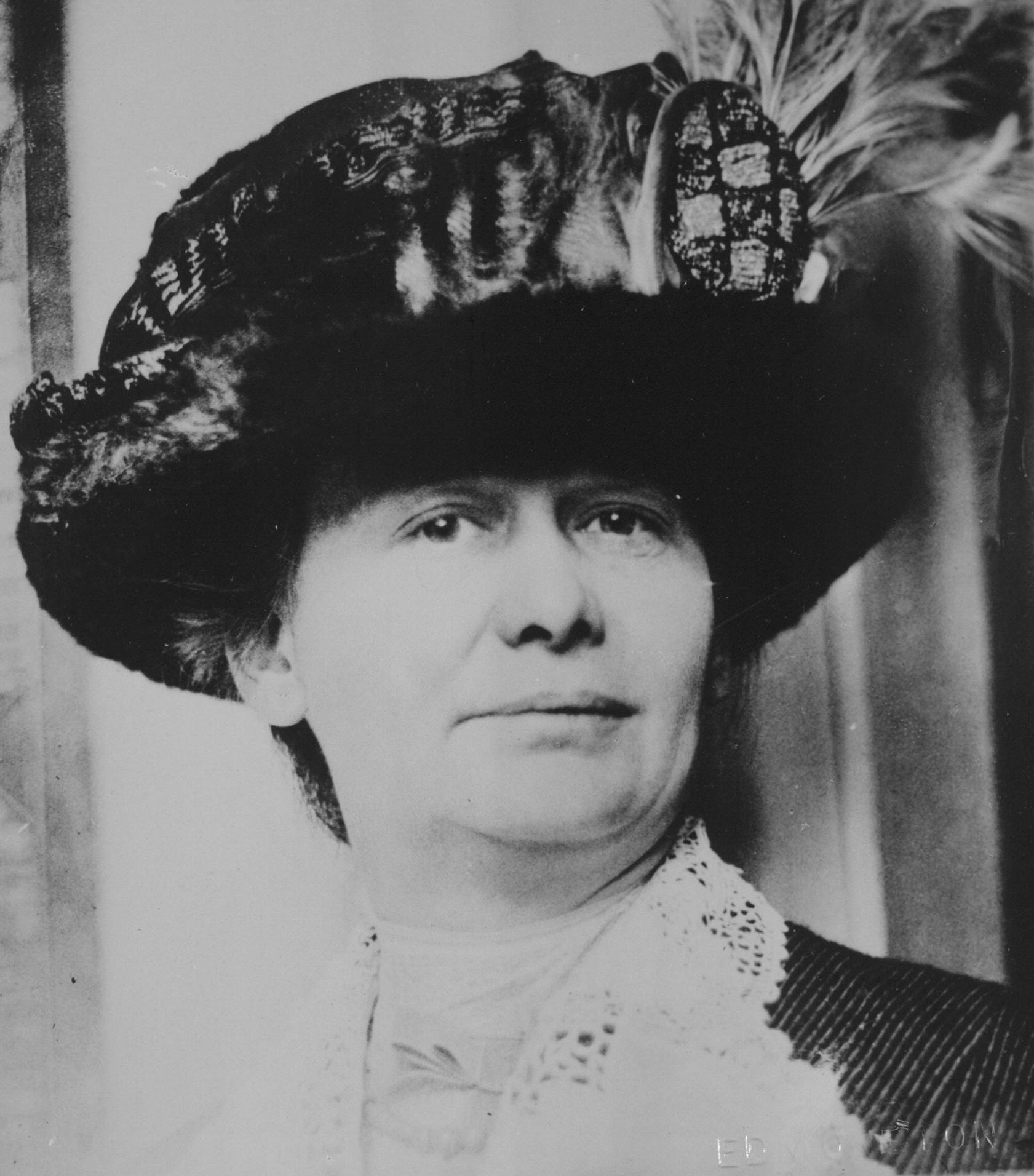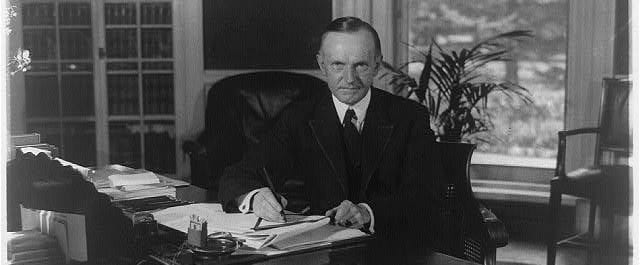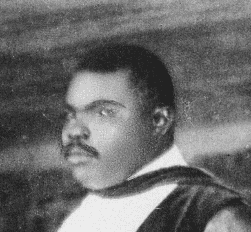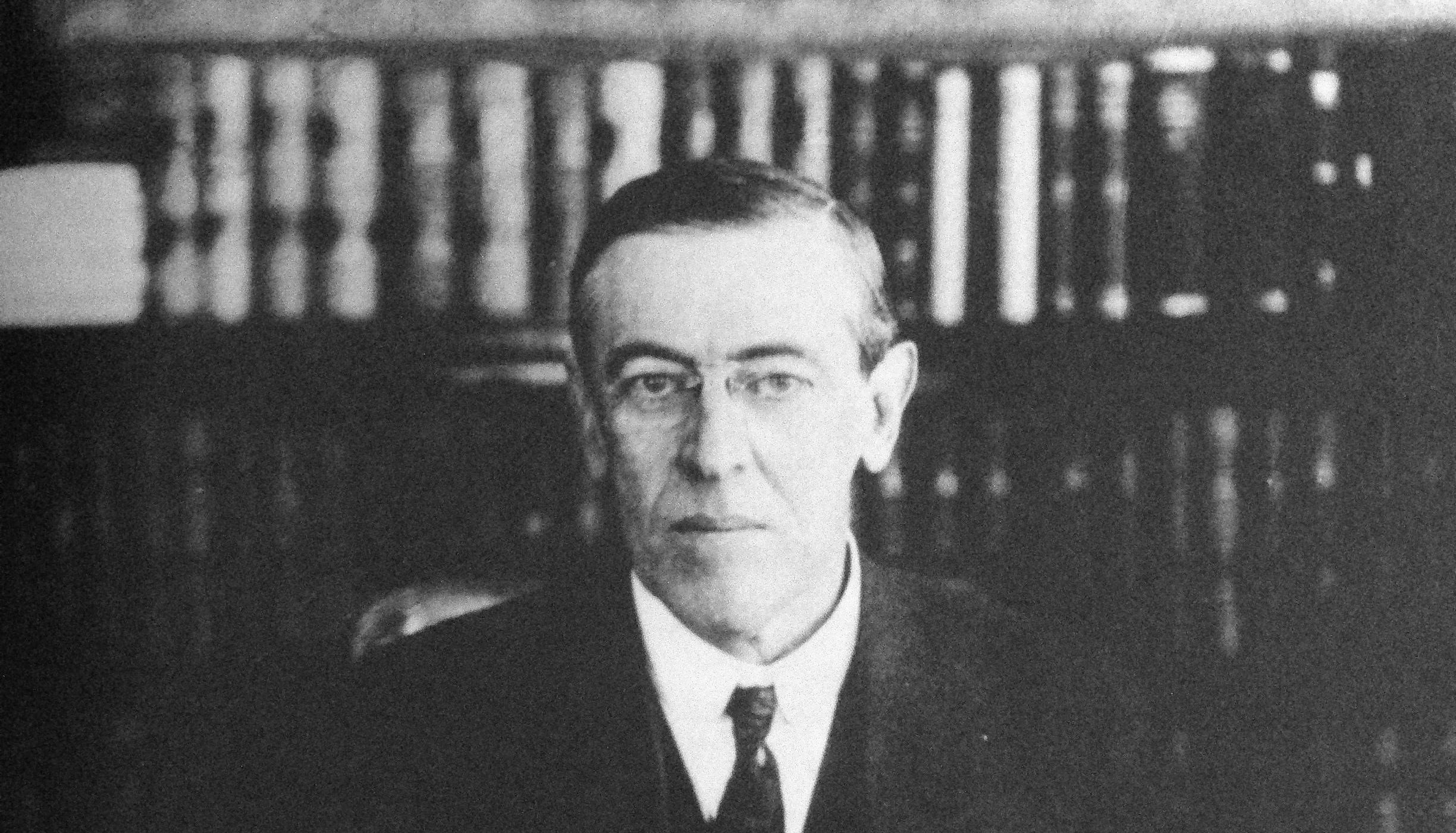
Introduction
Taft and Roosevelt drifted apart while Roosevelt was out of the country; when Roosevelt returned, the two men could not make amends. Roosevelt first began expressing disappointment in Taft, and disappointment soon became outright criticism. Yet Roosevelt gave no hint he would challenge Taft for the Republican nomination until Wisconsin senator La Follette announced a presidential run as a Republican. Roosevelt then moved to position himself for a run as well. When Taft won the nomination at the Republican National Convention, Roosevelt bolted the party and joined the Progressive Party. With the Republican Party now split, Taft realized he had little hope of winning the election. Taft spent as much time on the golf course as he did campaigning, and the race quickly came down to Wilson versus Roosevelt. After losing reelection, Taft accepted an offer to become Kent Professor of Law and Legal History at Yale Law School. There he wrote extensively and gave several notable lectures. He continued his tenure at Yale until President Harding made him Chief Justice of the United States, a position he held until just before his death in 1930.
Taft had a visceral distaste for campaigning and politics. Although the party bosses handed him the nomination in 1912, he detested the world of parties and party politics. Nevertheless, Taft spoke out about Progressive Party reforms and considered them to be worse than the disease. In particular, he took issue with the direct primary and believed it to be a counterfeit way of securing a successful party nomination. Primaries attracted voters who were not really wedded to particular candidates and gave advantage to men of wealth and power over those actually qualified for office. In some states, members of the opposition party could vote in a party’s primary, thus undermining the results by opposition party members voting for poorly qualified candidates. None of this, according to Taft, represented a substantial improvement over the existing convention system.
Source: William H. Taft, Popular Government: Its Essence, Its Permanence, and Its Perils (New Haven: Yale University Press, 1913), 96—115.
There is one other proposed reform that has been associated with the new methods of initiative, referendum and recall,[1] though not necessarily involving them or involved in them. I mean the direct primary. That is a method of selecting the party candidates to be voted for in the election by a preliminary election of the members of the party. It is also usual and necessary to have a declaration of party principles so that the whole electorate may know what may be expected if the party succeeds in electing its candidates and controls the legislature and the executive. The direct primary itself cannot furnish this, and it is usually accompanied by some plan for securing such a declaration either from a party committee or from a conference of candidates. The same evils which have prompted a resort to such radical methods as the initiative, the referendum and the recall, have also stimulated a wish to change the old methods of party government, of the selection of party candidates, and the declaration of party principles.
… But to return to the party primary. A party is a voluntary organization, and originally the natural theory was that the members of the party should be left to themselves to determine how their party representatives were to be selected and their party principles were to be formulated; but the abuses to which completely voluntary organizations of this kind led, brought about a change of view as to the function of the government with reference to such party procedure.
… The reports leave no doubt whatever, indeed the statistics of the elections frequently conclusively confirm the conclusion, that in State and other primaries, thousands and tens of thousands of Democrats vote at Republican primaries, and vice versa.[2] It often happens that in one party, a primary issue, like the selection of a candidate, is settled in advance by general agreement as to who the candidate shall be or what the principle shall be. In such a case the voters of that party feel entirely free to go into the primaries of the other party, and sometimes, with malice aforethought, to vote for the candidate in that party whom it will be most easy for the candidate of their own party to defeat at the general election.
Of course, this is all wrong. This is not taking the voice of the party. It is taking the voice of men who are not interested that the party should succeed, and who do not intend to be genuine supporters of the men whom they put upon the party ticket.
. . . It seems to have been the opinion in the Courts of some States that in carrying on an election of this sort, no citizen, whatever his party, could be deprived of the right to vote in either primary.[3] Such a construction may turn upon peculiar language in a state constitution, but the result is so absurd in the provision for a party primary that it cannot for a moment be sustained on general principles and is utterly at war with fairness and honesty in party control.
Until some method has been devised successfully to prevent this fraud I have been describing, we cannot be said to have a successfully primary law. Of course, it is helpful to have party primaries of all parties on the same day. In this way, if there is a real controversy in all parties, the voters are likely to divide themselves according to their real and sincere party affiliations, because one can only vote in one primary; but the case of a lively fight in one party and none in another is so frequent that the difficulty I have suggested is often a real one.
The first impulse, and a proper one, of the honest legislator, in dealing with this subject, is to give all the members of the party an equal voice in the selection of candidates and in the declaration of party principles. Therefore all the rules which limit the caucus to the active few, or which exclude regular members of the party, have been properly abolished under such primary statutes, and provision is made for every such member to cast his ballot.
The question upon which opinions differ vitally is whether these electors of the party shall cast their ballots directly for their candidates to be run at the general election, or whether they shall select delegates to local conventions, the candidates to be selected in the local conventions. The modern tendency is toward the direct selection of candidates by the party electors themselves, without the intervention of a convention. I am inclined to think that for a time at least this elimination of the party convention in local politics is a good thing.
Theoretically the convention would be better for reasons which can be very shortly stated. If all the electors, divided into wards and precincts, could select honest and intelligent delegates to represent them in a convention, and these delegates were to give their best thought and disinterested effort to the selection of candidates, I have no doubt that the candidates selected would be better for the party and better for the people than the candidates selected directly at a primary. And this is because the delegates can better inform themselves as to the qualifications of the party candidates than can the people at large. And, secondly, the delegates of a party have a sense of responsibility in selecting the party candidates to secure the support of the people at the general election which is utterly absent in the votes which are cast by the electors of the party at the direct primary polls. There the party electors vote for the men who have been brought favorably to their attention by the newspapers and other means of publicity which the candidates themselves are able to adopt and use. They cast their votes very much as the electors at a general election cast their votes, for the men whom they like, or the men whom they know, and frequently without much knowledge or preference at all. Whereas, in a convention, the leaders and the delegates have the keenest care with respect to what is going to happen at the general election.
In the selection of State and national candidates, this becomes a very important matter. One tendency in a direct election of candidates in a national party will be to select a popular partisan, while that of a convention system will be to take a more moderate man whose name will appeal to the independent voter. Thus a primary election in 1860 would certainly have nominated Seward, not Lincoln; in 1876 would have nominated Blaine, not Hayes.[4]
A third objection to the direct election of candidates by the people is the obvious advantage which the men with wealth and of activity and of little modesty, but of great ambition to be candidates, without real qualification for office, have over the men who, having qualifications for office, are either without means or refuse to spend money for such a purpose, and are indisposed to press their own fitness upon the voters. In other words, the direct election of candidates very much reduces the probability that the office will seek the man.
. . . The direct primary puts a premium on self-seeking of an office. After men are nominated as party candidates, the party is behind them, and can elect them even though they modestly refrain from exploiting themselves. But in the stage previous to this, when the candidates are to be selected at a direct primary for a party, modest but qualified men are never selected. This substantially lessens the number of available candidates capable by reason of their intelligence and experience of filling the offices well.
I have thus stated three serious objections to the direct election of candidates by the people for local offices and for representatives in Congress and the legislature, and yet I do not think that they are sufficient to overcome the present necessity of avoiding the evils that have arisen from the delegate and convention systems so far as these local and district officers are concerned. The delegates selected for the local convention are many of them usually not of a character to resist the blandishments and the corrupt means which will in such cases be used by bosses and the principals of bosses. The local convention of local delegates offers such a rich opportunity for manipulation of those who are corruptible,—things are done so quickly by committees of credentials, and on resolutions,—that the opportunity of the unscrupulous boss in such a convention is very great. I sympathize, therefore, with the movement to abolish the local convention, at least until the exercise of the direct primary shall have broken up the local machines and shall have given an opportunity to the electors of the party, even with the disadvantage of inadequate information, to express their will.
- 1. The initiative is the right of voters to initiate legislative action. The referendum allows voters to vote on a single political question which has been referred to them for decision. The recall allows voters to vote an elected official out of office before their term of office is up.
- 2. As Taft states later on, state courts had ruled in several places that no citizen could be deprived of the right to vote in either primary regardless of party affiliation.
- 3. See Freeman v. Board of Registry & Election of Metuchen, 76 N.J.L. 83 (1907). For a contrary view see Rouse v. Thompson, 228 Ill. 522 (1907).
- 4. William Seward (1801–1872) was secretary of state from 1861 to1869 and earlier served as governor of New York and US senator. Abraham Lincoln (1809–1865) was the 16th president of the US and guided the nation through the Civil War until his assassination in 1865. James Blaine (1830–1893) was a Republican politician who served in the US House of Representatives (serving as Speaker from 1869 to1875) and then later in the Senate. He was nominated for the presidency in 1884 but lost to Democrat Grover Cleveland. Rutherford B. Hayes (1822–1893) was the 19th president of the US from 1877 to1881.
What Is Progress?
December 31, 1913
Conversation-based seminars for collegial PD, one-day and multi-day seminars, graduate credit seminars (MA degree), online and in-person.



